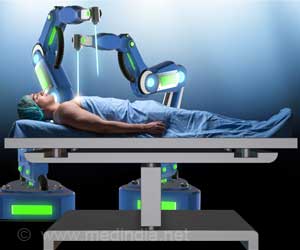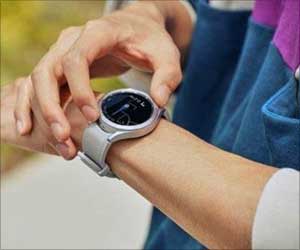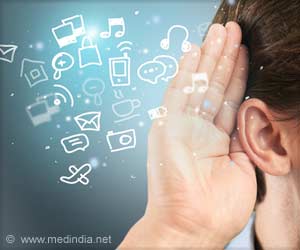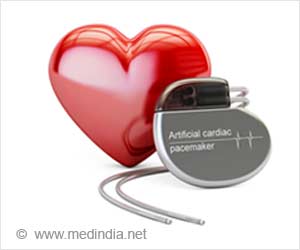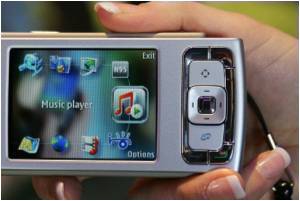
It enables diabetics to track their blood glucose, weight, diet, exercise, mood and blood pressure - valuable information that will assist their doctors in providing the best care possible.
Initial study results of the interactive diabetes self-management system, called the Chinese Aged Diabetic Assistant (CADA) have been promising.
"We know that patients with chronic illnesses who are actively involved in their health care have better outcomes, yet this can be a challenging task," said Dr Maggie Jiao Ma, assistant professor at SLU's Parks College of Engineering, Aviation and Technology.
"Mobile technologies can empower elderly people to better understand diabetes, track their health indicators more closely and follow a healthier lifestyle," she added.
The games vary in purpose. For example, researchers created a "food pyramid" type game, which encourages gamers to eat a balanced diet, limit high-sugar foods and watch their daily intake of fat and salt.
Advertisement
While games engage and motivate the patients, smartphones makes the technology convenient.
Advertisement
They can be used as small, inexpensive computers even if no network infrastructure is in place. If connections are in place, smartphones make it easy for patients to share health information with their providers, care givers and others within personal network.
Also, because many users are already mobile phone owners, including some smartphone users, adapting the technology is feasible for patients, providers and hospitals.
"Imagine walking into a McDonalds and having your cell phone recognize your location and make healthy menu recommendations - all this and more is possible with smartphone technology," said Dr Mark Gaynor, associate professor of public health at the School of Public Health.
Source-ANI
SRM











